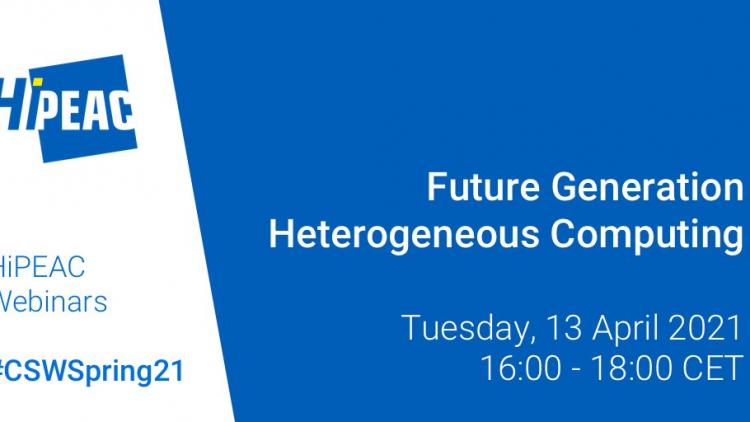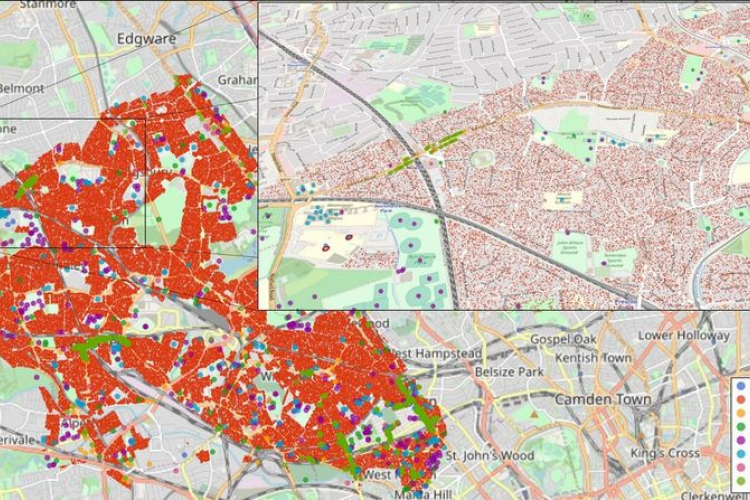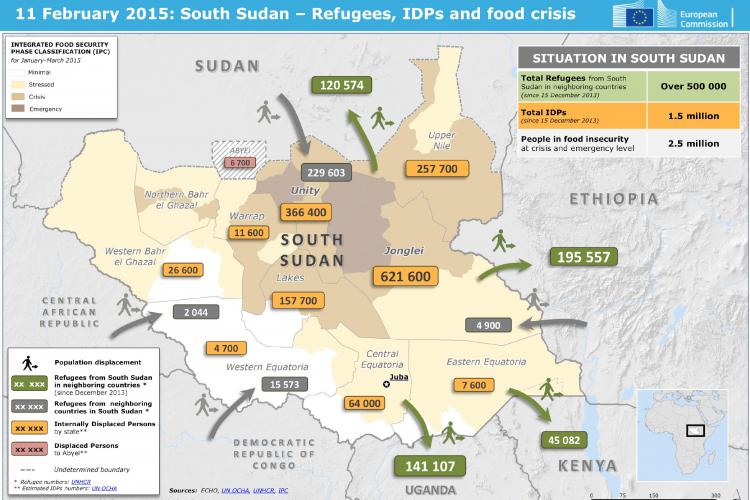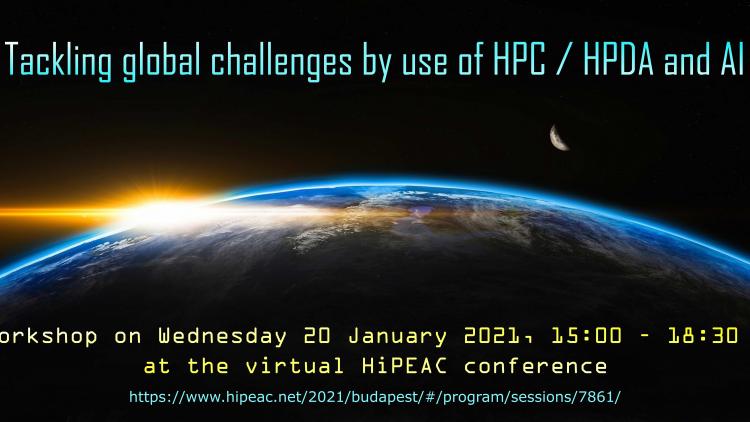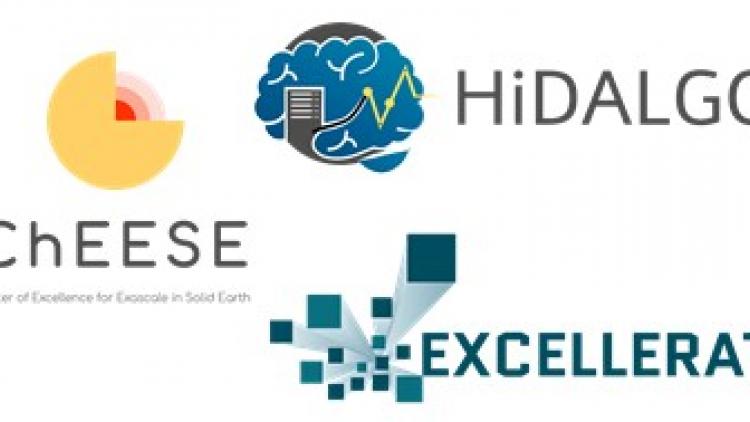Assisting Decision Makers To Solve Global Challenges With HPC Applications – Covid-19 Modelling
CHALLENGE:
The current pandemic situation has increased the need of supporting tools to detect, predict and even prevent the virus spread behaviour. Knowing in advance this information will support them to take the appropriate decisions while considering health and care capabilities. In addition, the advance warning of new pandemic waves (or when they may subside) can help health authorities to rescale the capacity for non-urgent care, and ensure the timely arrangement of surge intensive-care capacity.

